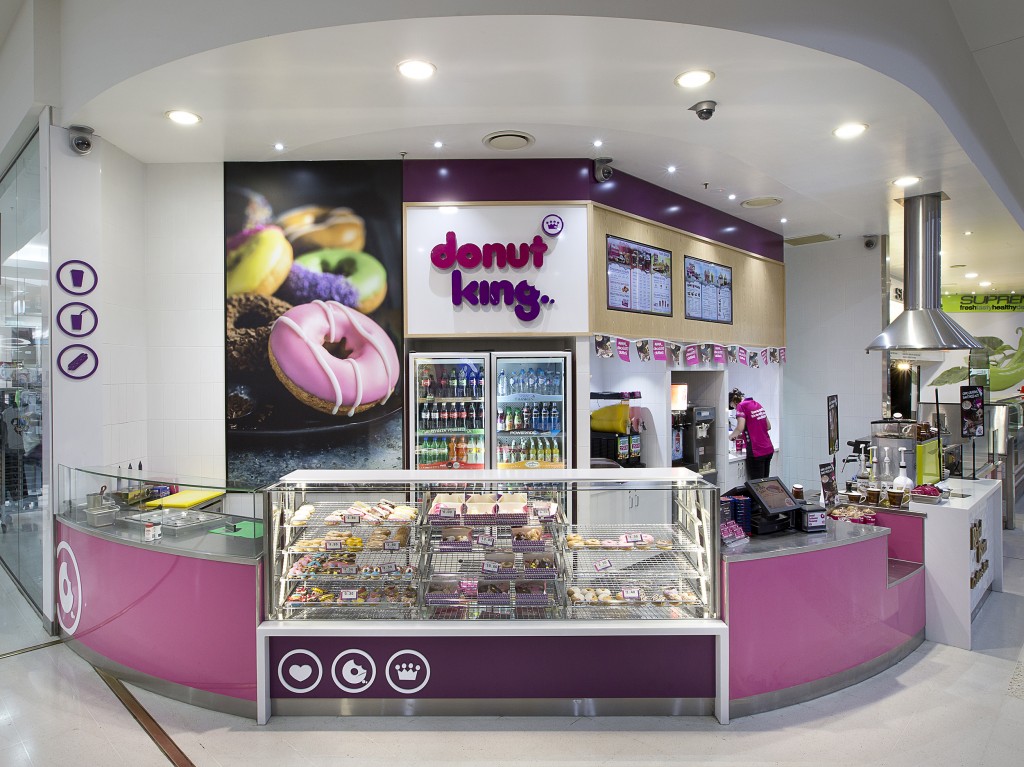Retail Food Group, which owns several franchise brands including Donut King, has been criticised for unscrupulous business practices. Sensational stories about franchise failures and scandals seem to make the news with disturbing frequency. But the headlines fail to address the real problem with franchising. In the last twelve months, the news emerging from and concerning the franchising sector has been getting more and mo
re negative.
From media attention-grabbing franchisee failures, to questionable franchisor operating models, to systemic failures, much of the coverage has been sensational and distracted people from the core issues facing franchise systems.
Franchise systems had their zenith in the era when cookie-cutter shopping mall rollouts flooded the landscape like an unstoppable force. They made it easy for mall operators to lease their space – especially food courts – and easy for franchisors to grow their business with other people’s capital and without needing to build complex people management systems.
They were also based on one critical motivation: that the person who ran the store owned the store. Especially in businesses where service efficiency at the front end was a defining attribute, those ‘entrepreneurs’ were hell-bent on micromanaging efficiency to eke out every cent of profit at the shop-front for themselves.
In today’s retail landscape, shoppers have polarised into those who seek comfort and those who seek constant newness. But what all shoppers share are high expectations. They expect speed, quality, value for money and service. The bar has been lifted very high and transparency is ubiquitous. Thanks to social media inflamed by intolerance, any operator who fails to make the grade is exposed in real time and very publicly.
Match that to franchise businesses that are publicly listed – with an investment market that demands top-line growth as non-negotiable – and you have a set of circumstances waiting for an incendiary incident to ignite.
Franchise models now have to deliver newness, speed, quality, value for money and service to meet the diverse needs of a wide variety of catchment area dynamics and continue to grow – fast – in an era when shopping malls really understand what ‘local’ means and shoppers demand great customer experiences and outcomes.
And the Achilles heel is franchisees. The most common profile of the modern franchisee is someone who is looking for a career change, or wanting to buy a career and a way of accessing the necessary capital to do so.
In the insatiable rush to keep the growth happening, what is often missed by franchisors is the suitability of potential franchisees to the given category. This is often swept aside by the arrogance of the ability of their training systems to make anyone a successful operator – and their pressure to feed the machine.
Great retail, however, is driven by feel. No matter how hard you try to train some people, they simply cannot make a great coffee. And if they don’t get it, the customer experiences it. And they tell EVERYONE.
Great franchisors take the time to engender passion at every point in their business model and ensure quality in every aspect of what they and their carefully chosen franchisees do. This results in great customer experience every time.
As any good barista will tell you, you can’t rush a good coffee. And while you can create the appearance of a fast growing franchise system, without the right operators it will all turn to mud just as quickly. Great people are the key to franchising and there simply aren’t enough of them being drawn to the sector right now.
Peter James Ryan is chief executive navigator at Red Communication Australia, and has 25 years of marketing and business experience.

